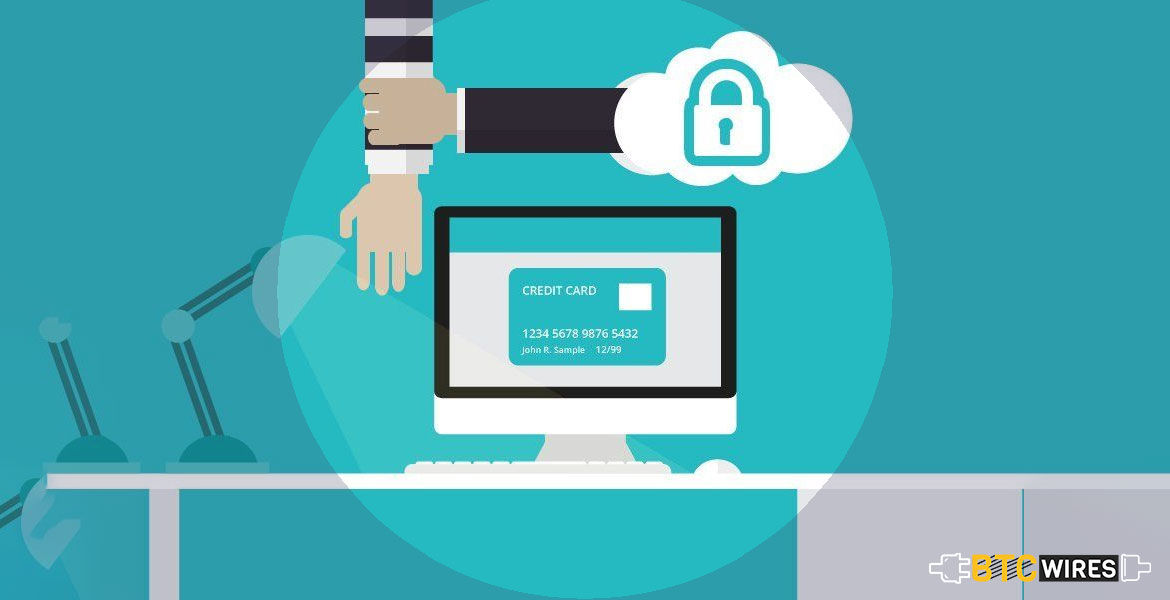Even though it has come to be associated with cryptocurrencies

Even though it has come to be associated with cryptocurrencies and record-keeping, the distributed ledger technology of Blockchain is now evolving beyond all of that. The new age tech had a wide set of applications, and that includes cybersecurity.
Cyber security company, Gladius, is currently working on a Blockchain platform which would utilize Smart Contracts and the distributed network of the Blockchain to develop a comprehensive network which will deliver security and web performance services. It would enable users to rent their extra bandwidth to power distributed denial of service (DDoS) attack mitigation services.
Max Niebylski, Co-Founder and CEO at Gladius, was quoted as saying:
“Gladius kills two birds with one stone by utilizing unused resources to build a robust network to make websites load faster and yet still stay strong under network flooding attacks.”
Many other Blockchain platforms in the market are also working towards enhanced security by ensuring that transactions are safer and trustworthy. This will be achieved with the adoption of Smart Contracts. For example, some platforms have an arbitration system which allows customers and businesses to settle disputes seamlessly.
The use of Blockchain ensures that the data stored in transactions is secure yet transparent. The decentralized and distributed network of this revolutionary technology assists businesses in the prevention of a single point of failure. Hence, stealing and tampering with critical data becomes unachievable when stored on the Blockchain.
DDoS attacks are easily carried out by malicious parties as it easy to rent botnets which can bring down large networks. Now that threats are ever so more rampant, the need of DDoS and CDN mitigation services will become critical to IT infrastructure of any business.
As per a recent study, it was revealed that the budgets for IT services are also seeing an upswing in organizations across the globe. As compared to 16% in 2016, the IT security budgets in 2017 were 18% for organizations. Blockchain technology can further increase the rate of adoption of IT security with the deployment of distributed infrastructure. For example, in the case of Gladius, the firm’s decentralized approach to IT security will ensure that the pricing for the services will be lower as they will be dictated by the market.
The decentralized nature of the Blockchain makes it appealing to the users who are concerned about vulnerabilities since in the past large centralized companies have been impacted by cyber security issues. As we have witnessed in the past few months, such attacks can compromise the data of millions of users.
When it concerns a Public Blockchain, the fact is that no single entity controls it hence the issue of whether the Blockchain is controlled by malicious actors is completely ruled out. This distributed nature also eliminates any single point of failure as attackers find it easier to attack a centralized data centre than a large number of nodes distributed across a network.
